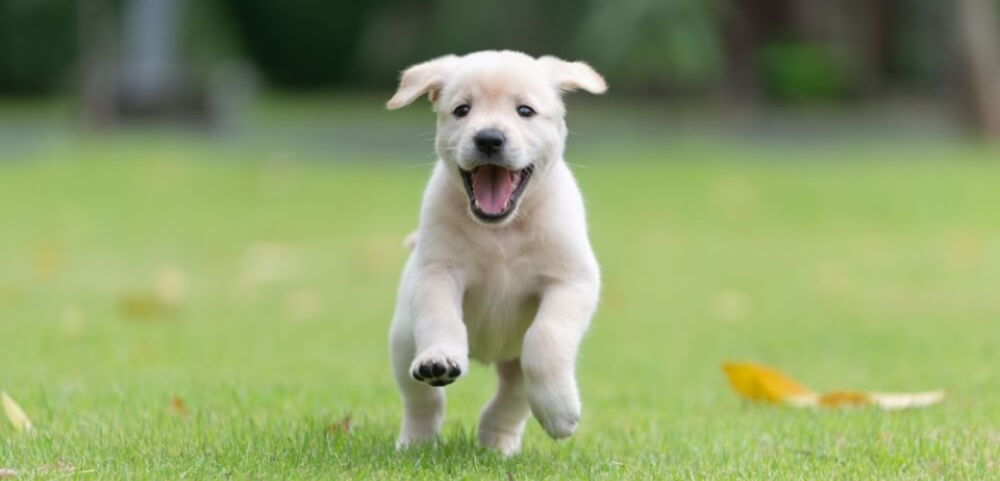Timing is crucial when starting to exercise your new puppy. Introducing them to gentle exercise can have many long-term benefits for their health...
21 February 2024
When starting to exercise your new puppy, timing is crucial. The best time to begin exercising your furry friend is when they are around 8 to 10 weeks old. At this stage, their bones, muscles and joints are still developing. Introducing them to gentle exercise can have numerous long-term benefits for their health and well-being. However, it's important to strike a balance and avoid overdoing it, as exercising puppies too young can pose certain risks.
8 to 10-week-old puppies have boundless energy and curiosity
It's tempting to engage them in vigorous play and physical activities. While exercise is essential for physical and mental growth, overexertion can be detrimental. Overdoing it in young puppies can strain their developing muscles and joints, leading to injuries that may have lifelong consequences. It can also increase the risk of bone and joint problems, such as hip dysplasia, in breeds prone to these conditions, like labradors.
Carefully control exercise intensity and duration
This helps ensure your puppy's safety and proper growth. We recommend short play sessions in a safe and controlled environment. Avoid jumping, running on hard surfaces, or going up and down stairs until your pup is older and their skeletal system has matured.
Provide about five minutes of exercise per month of age
A general rule of thumb is to do this up to twice a day. For instance, a three-month-old puppy can handle 15 minutes spread across two sessions. Remember that these guidelines are not rigid. Account for your puppy's breeds and personality to help guide you.
Focus on mental stimulation
Instead of high-impact exercises, focus on mental stimulation through training and interactive games; this helps burn off energy and fosters a strong bond between you and your puppy. Regular, age-appropriate training sessions can also instil good behaviour and obedience and benefit them for life.
Consult your vet
If you are at all unsure, or just want to confirm your exercise plans, you can always consult your vet. They can evaluate your puppy's growth and development, provide specific recommendations based on the breed and health status and advise you on a suitable exercise plan.
With patience and caution during puppyhood, you'll pave the way for a lifetime of joyful companionship and adventure.



